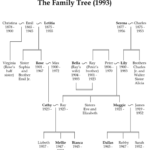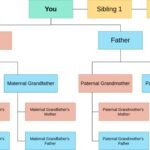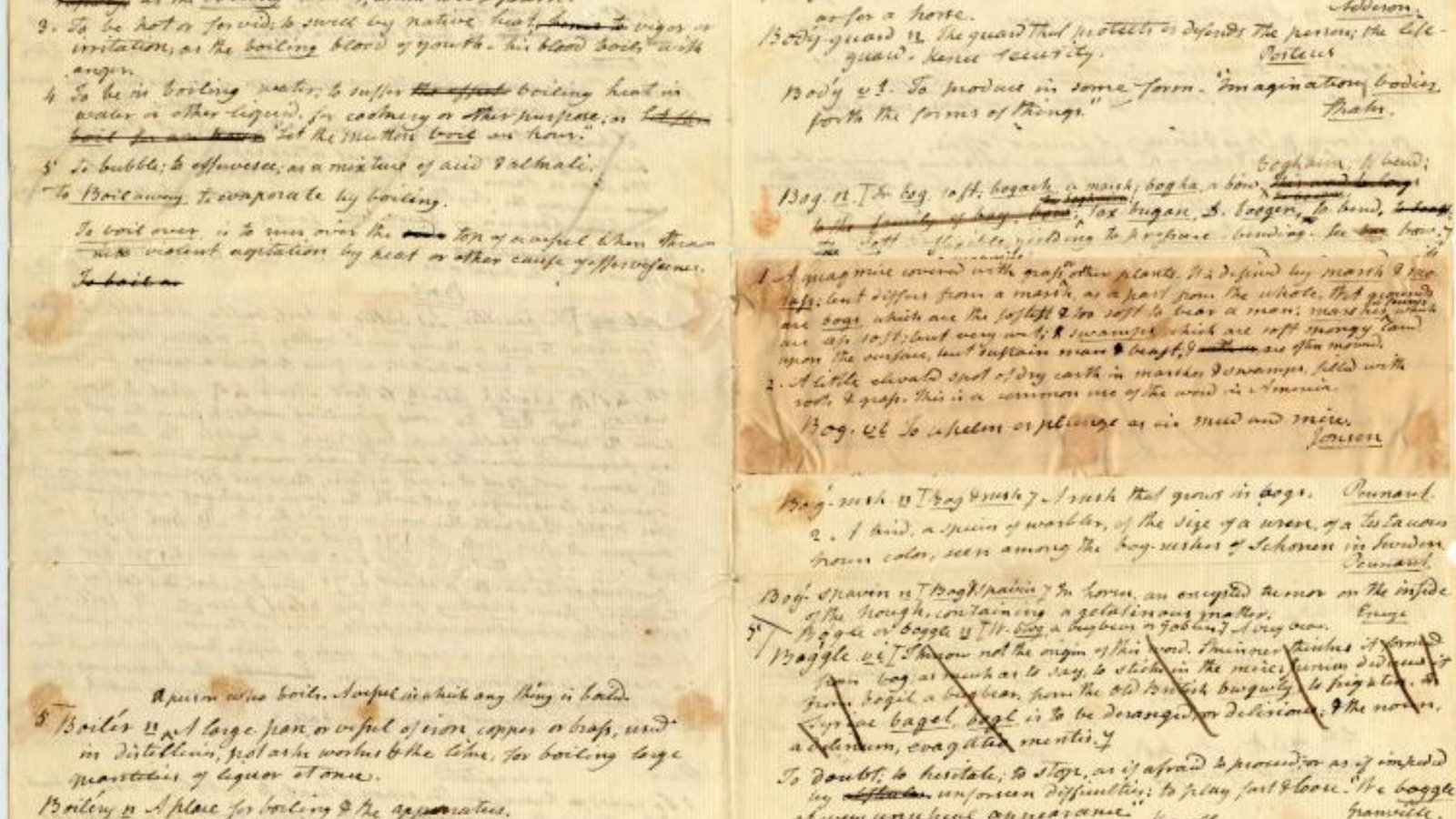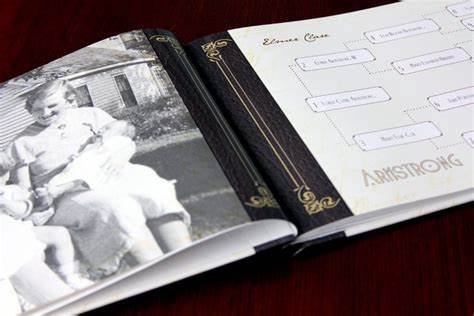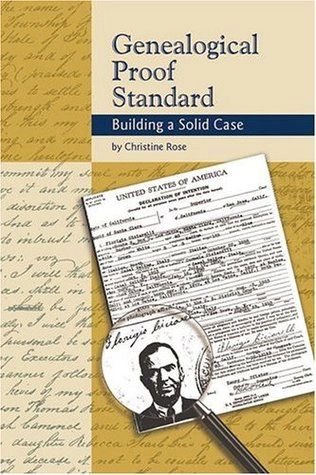If you’re interested in learning more about your ancestors, how to find family information in a genealogical dictionary is a great place to start. Genealogical dictionaries are tools that can help you trace your family’s history and uncover fascinating details about your lineage. In this article, we will show you how to use these resources effectively and get the most out of them.
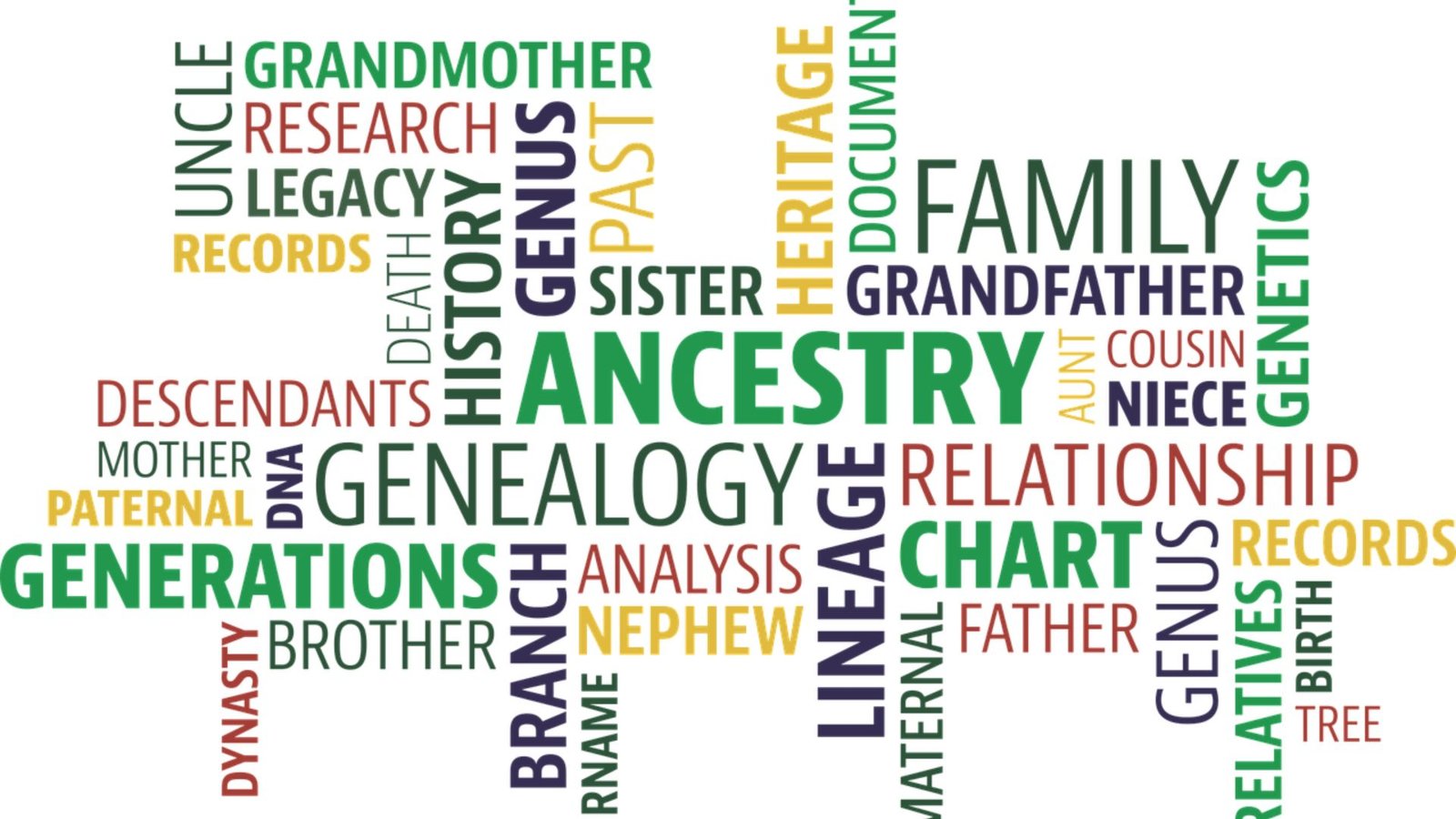
What Is a Genealogical Dictionary?
Before diving into how to find family information, it’s important to understand what a genealogical dictionary is. It is a specialized book or online resource that provides historical and genealogical facts about people, places, and events. These dictionaries focus on names, family trees, and relationships. They can help you learn more about your relatives, their origins, and even their occupations.
How To Find Family Information Step-by-Step
Now that you know what a genealogical dictionary is, let’s talk about how to find family information with it. Here are simple steps you can follow:
1. Start with What You Know
First, write down the details you already have about your family. This could include names, dates of birth, or places where your ancestors lived. Having a starting point makes it easier to search. Think about your grandparents, great-grandparents, or anyone you know in your family history.
2. Use the Alphabetical Index
Once you have the names, turn to the index of the genealogical dictionary. Most dictionaries are organized alphabetically, so you can quickly find the name of a person or place. Look for the surname or family name you are researching.
3. Check for Family Connections
As you search, keep an eye out for related family members. Many genealogical dictionaries include information about marriages, siblings, and children. You may discover links between different generations that you never knew about. This is how you can gradually build your family tree.
4. Look for Locations and Historical Events
Sometimes, how to find family information goes beyond just names. Genealogical dictionaries often list places where your ancestors lived and important historical events they may have been part of. This can give you clues about why your family moved from one place to another or what their lives were like during specific times.
5. Note Down Sources and References
Genealogical dictionaries may also provide references to other sources. These could include books, archives, or websites. If you find a useful piece of information, make sure to write down the source so you can return to it later. This will help you continue your research beyond the dictionary.
Benefits of Using a Genealogical Dictionary
Now that you know how to find family information, let’s talk about the benefits. These dictionaries provide accurate and reliable facts. They also allow you to make connections that might not be obvious at first. Here are a few reasons why genealogical dictionaries are helpful:
Reliable and Well-Researched Information
Genealogical dictionaries are carefully researched by experts. This means you can trust the information they provide. Whether you’re looking for dates, names, or locations, you can be confident that you’re getting accurate data.
Discover Family Stories
While using the dictionary, you may come across stories or unique facts about your family that were previously unknown to you. Perhaps an ancestor was involved in a significant event or had a special occupation. This can bring your family’s history to life in a whole new way.
Build Your Family Tree
As you continue to search, you will slowly start to build a picture of your family tree. Each discovery adds a new branch to your family history, helping you see how your ancestors are connected to you today. The genealogical dictionary can be your starting point for creating this tree.
Other Ways to Find Family Information
While a genealogical dictionary is a great tool, there are other resources you can use to further your research. Websites like Ancestry.com, family records, and government documents can also help you find more detailed family information. These sources often work well alongside genealogical dictionaries for a more complete picture.
Conclusion
In conclusion, how to find family information in a genealogical dictionary is a simple and effective way to start tracing your family’s history. By following the steps mentioned above, you can unlock fascinating facts about your ancestors, build your family tree, and discover stories that may surprise you. Keep exploring, and who knows what family secrets you might uncover next!




